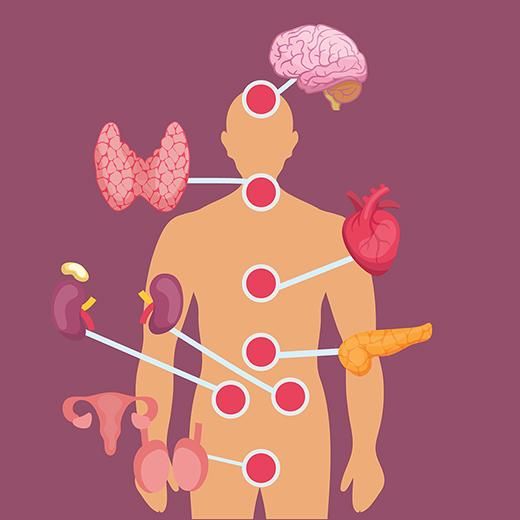
Diabetic Ketoacidosis (DKA) – Emergency Management
Introduction Diabetic ketoacidosis (DKA) is a life-threatening complication of Type 1 Diabetes Mellitus, characterized by hyperglycemia, ketonemia, and metabolic acidosis. Pathophysiology Insulin ...

Osteoporosis – Diagnosis & Hormonal Regulation
Introduction Osteoporosis is a metabolic bone disorder characterized by low bone mass and increased fragility, often due to hormonal imbalances. Pathophysiology of Osteoporosis Estrogen Deficienc...

Endocrine Hypertension – Causes & Management
Introduction Endocrine disorders can cause secondary hypertension, requiring hormonal evaluation and specific treatment. Common Causes of Endocrine Hypertension Primary Hyperaldosteronism (Conn’s...

Hormonal Feedback Mechanisms – Regulation of Endocrine Function
Introduction The endocrine system maintains hormonal balance through feedback mechanisms that regulate secretion based on physiological needs. Understanding these mechanisms is crucial for diagnosi...

Endocrine Tumors – Diagnosis & Management
Introduction Endocrine tumors can be benign or malignant and affect hormonal function. Early detection and management are crucial. Common Endocrine Tumors 1. Pituitary Adenomas Prolactinoma, Acro...

Male Hypogonadism – Causes, Symptoms & Treatment
Introduction Male hypogonadism refers to testosterone deficiency due to gonadal or pituitary dysfunction, leading to infertility, reduced muscle mass, and low libido. Types of Hypogonadism 1. Prima...

